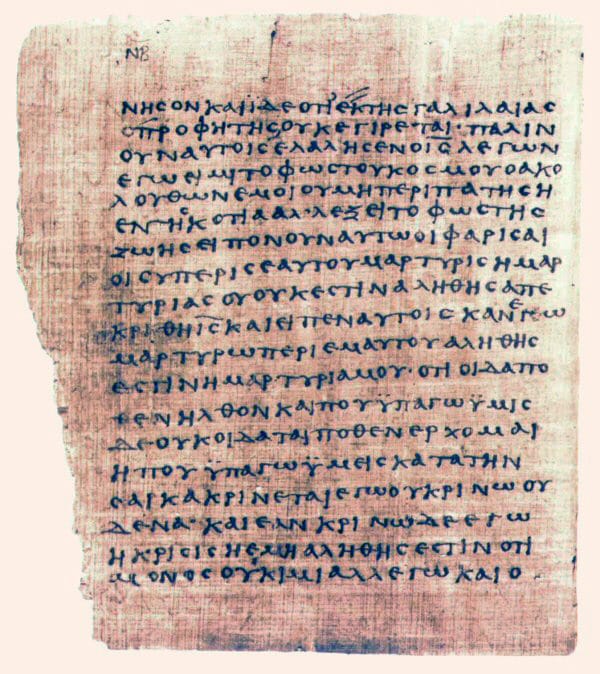John 1: Memorizing Scripture and Poetic Devices

For a believer in Christ, memorizing Scripture is a powerful and helpful aid to our faith. Poetic devices such as rhythm, rhyme, alliteration and structure are aids to memorization. Is it possible to produce Scripture translations that use these devices, while remaining accurate translations? These would have other benefits as well (children's illustrated Bibles, audio tapes that flow well, etc), but since memorization is clearly most helpful when as close to the original as possible, there would be challenges. Yet these challenges are similar to any translation effort; the switch of mode of expression is similar to a language switch.
I've experimented with the first half of John 1. Interestingly, I found that this mode of translation can actually lend itself to a more literal translation in places; for example using the same English word for the same Greek word in the same passage can both be more transparent to the original, and function poetically. (NB: I'm not a Greek scholar, nor am I proposing that this has sufficient academic rigour behind it; but as an experiment.)
So here's my stab at the first half of John 1, drawing on other English translations, with some free verse, and some almost-limericks. In places it's a fairly close translation, in others I've thrown in repetitions or words for the sake of meter. Some lines flow significantly less well than others :)
In the beginning was the Word
And the Word was with God
And the Word was God
He was with God
In the beginning
All things were made through him
Nothing that was made was made without him
In him was life
And that life was the light
The light of all mankind
The light shines
It shines in the darkness
The darkness has not overcome it
There came a young man sent from God
The name he was given was John
As a witness he came
Witnessing of the light
So that through him all might believe
He himself was not the light
But he came to bear witness to it
The true light that gives
Light to all people
Was coming right into the world
He was actually here in the world
The world came into being through him
But the world didn't know him
Though he came to his own
His own people did not receive him
But to those who received him
Who believed in his name
He has given the right to become
Children of God
Who were born not of blood
Nor the will of the flesh
Nor the will of a man, but of God
The Word became flesh
Came and dwelt among us
And we have seen his glory
The glory as of the only Son from the Father
Full of grace and truth
John witnessed about him
He cried out and spoke:
"This is the one that I said:
'He's coming after me
But he was before me
And so he ranks first above me'"
For from his fullness
We have all received
And grace upon grace now is ours
Through Moses was given the law
Through Jesus Christ grace and truth came
Though no-one has even seen God
The only One (himself God)
- so close to the Father
That One has made Him known.




